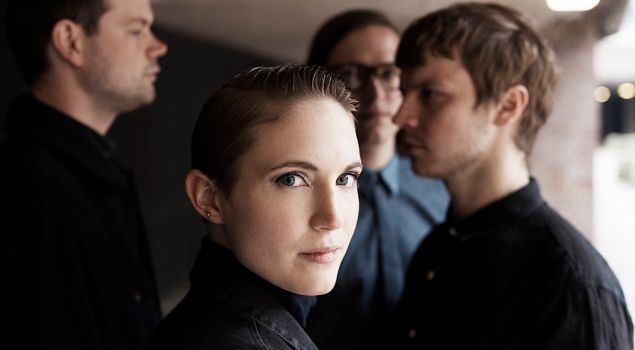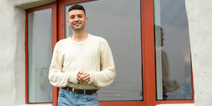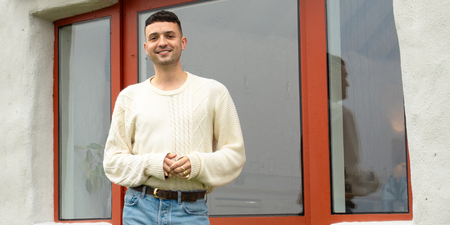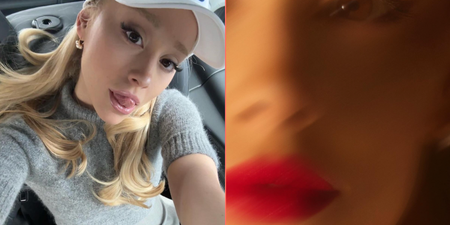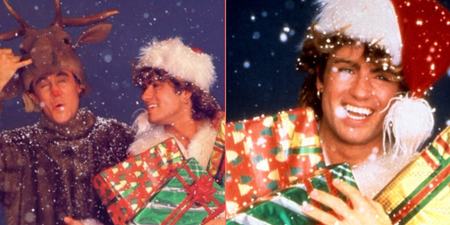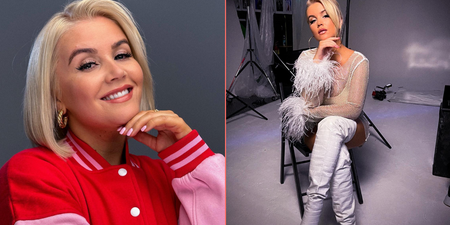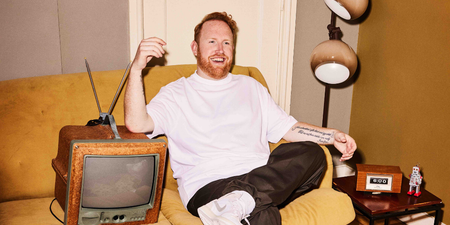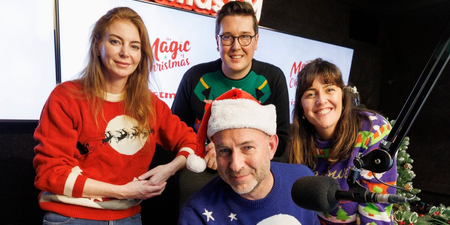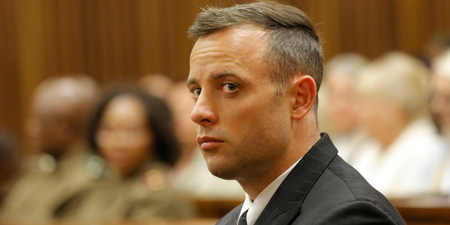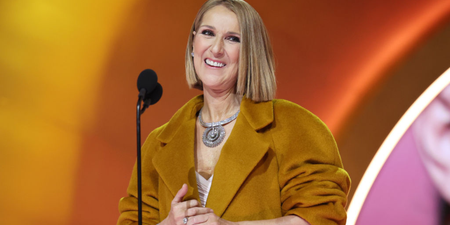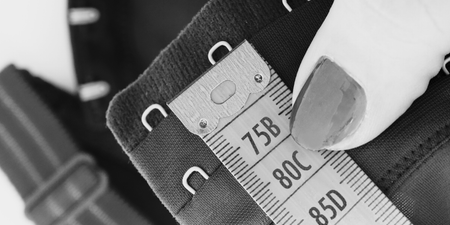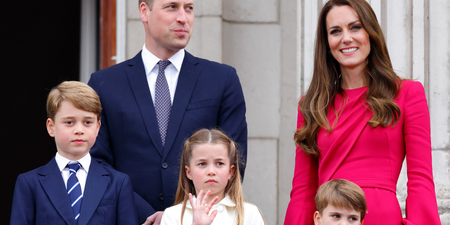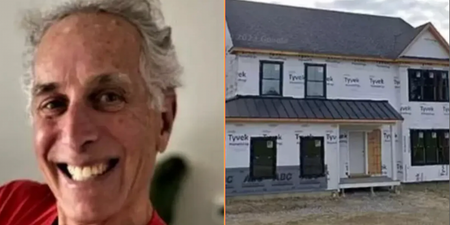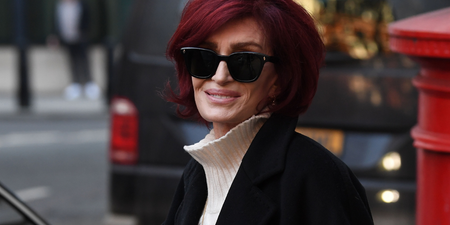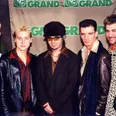It would probably be fair to say that Fiona of London-based four-piece Woman’s Hour is a reluctant front woman.
Having grown tired with her drama studies and looking for a more fulfilling creative outlet, she was persuaded by her brother Will to try singing.
Given his sibling’s crippling nerves in initial rehearsals and his years of musical experience, she says it took a “leap of faith” for Woman’s Hour to progress, with friends Nick and Josh quickly joining the line-up.
“We started out playing bedrooms, just as a way to be involved in something that stopped us from going to the pub every night!” she recalls.
“It took me a very long time to gain any sort of confidence, I used to whisper the songs. I was petrified. I was so used to being in character. I had done lots of drama so I was used to learning lines, taking on new characters and dressing up and playing a role but suddenly, I was myself and I think was what was so scary. I was just being me and being judged as me.”
The initial gigs from Woman’s Hour saw Fiona take to alcohol to overcome her fears, with the singer admitting she was “not sober by any means” for several of them.
However, she says she has since learned to take on a confidence and encouragement from the warm response of an audience and following the release of debut album Conversations, the band’s blend of atmospheric electropop is going from strength to strength.
Critics have branded this first offering from Woman’s Hour everything from ‘slim dream pop’ to ‘tender and mournful’ and the Tom Murray-produced album ticks all these boxes, combining a nostalgic 80s feel with a modern, minimalist approach.
But if music writers struggle to put the band in a discernible genre, then so do the members themselves.
Fiona admits that the creation of their sound is often a wordless, organic process, with the foursome working separately before taking a melody or a guitar riff, layering it over something else and “going from there”.
“It is quite an intangible feeling, it’s not something you can sit around and talk about. We just needed to start making music and there would just be one moment where we would just nod and say ‘this is sounding good’.
“We met our producer two years before we released the album and I think having the same producer for such a long time when we were working on demos that never even got released, I think that it helped us to have a narrative and through-line that was consistent.”
Conversations has taken several years to release and when asked about the lengthy process behind the album, Fiona is refreshingly frank in her response.
“We all live in London, which is one of the most expensive cities in the world to live in, so the task of paying rent and also being able to make music has been a very real issue for us.
“It always amazes me when artists are able to afford to suddenly take time out to release a record and go touring. I’d love to read more about that because I don’t think it’s something that other artists talk about. They talk about how quickly they released an album and then they’re on tour but I find it interesting how little is spoken about financing music.”
However, rather than another voice decrying the modern withdrawal of money from the music industry, Fiona says that she sees streaming platforms such as Spotify as a priceless tool for new acts to find exposure for their material.
With people “raised in society where they can have music for free”, she believes that the onus is on artists to be creative and embrace the changing landscape through touring and selling merchandise.
“I think a live show is something very different from streaming online, you can offer something new. I think it depends how you look at it, it can be prohibitive or it can be an opportunity to engage in a new way. We don’t want to be passive, we want to be involved in all the different aspects because being just a musician is prohibitive in this climate.
“You either grab the bull by its horns or you let other people do things for you in a way that can be quite unauthentic or could be misrepresentative of who you are or what you stand for. We’ve enjoyed making our artwork, videos, CD covers and learning how these things are done is something that’s being really important to us and something that maybe 20 years ago, we wouldn’t have had the opportunity to do. In that sense, I’m quite grateful.”
Having performed twice on the Other Voices stage at Electric Picnic, Woman’s Hour are bringing their show to The Workman’s Club on November 29th (with special guests Floor Staff).
“I hope people leave feeling that they’ve had an intimate experience. That they’ve understood our music and it’s affected them in a different way to the record. We definitely try to be a bit more playful on stage so I just hope that people feel that they’ve seen what we’re about.”
Tickets are priced at €10 and are available from Ticketmaster now. Doors are 8pm.
We have a pair of tickets to give away for Woman’s Hour at The Workman’s – follow @SundaySessLive on Twitter for all the details!
